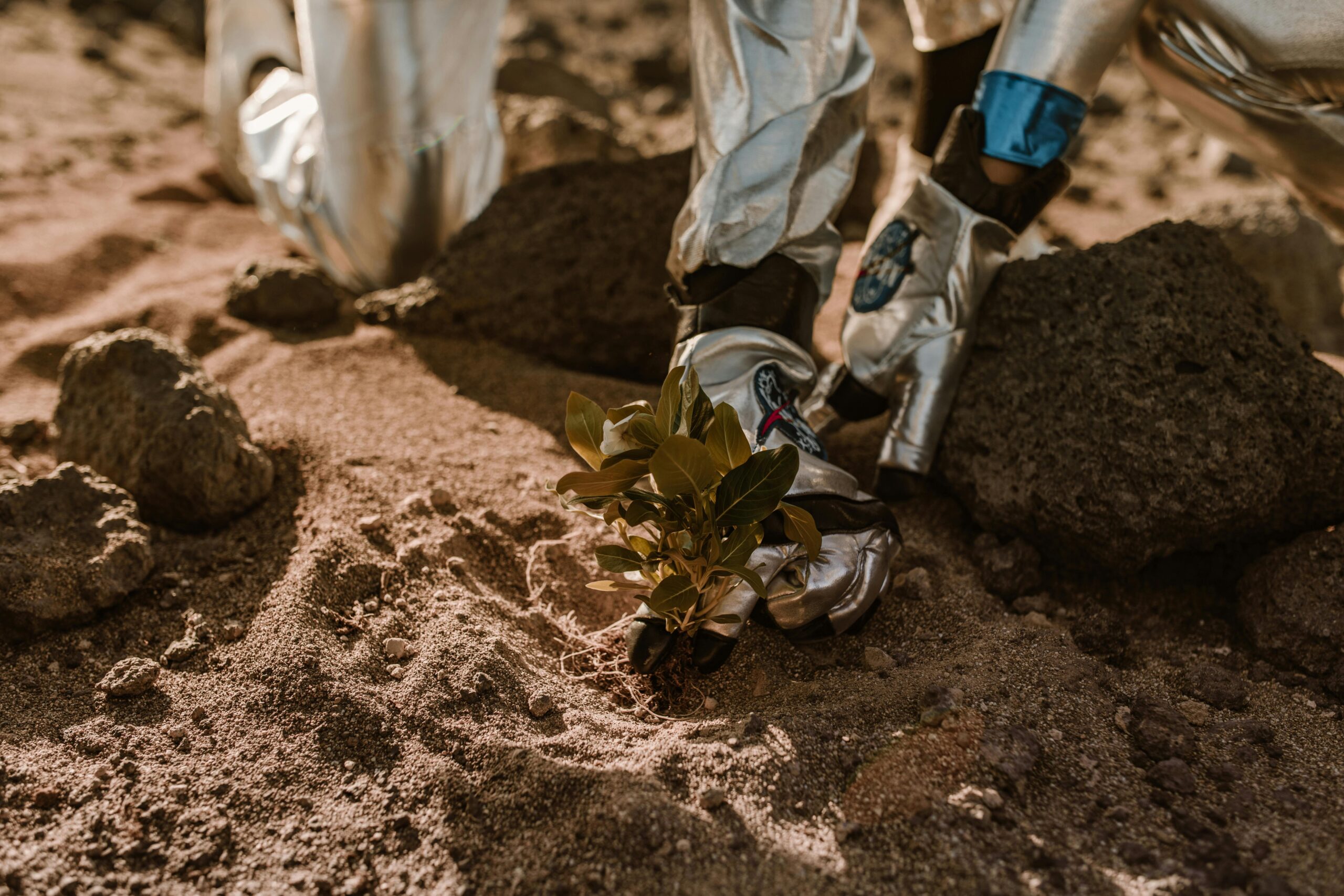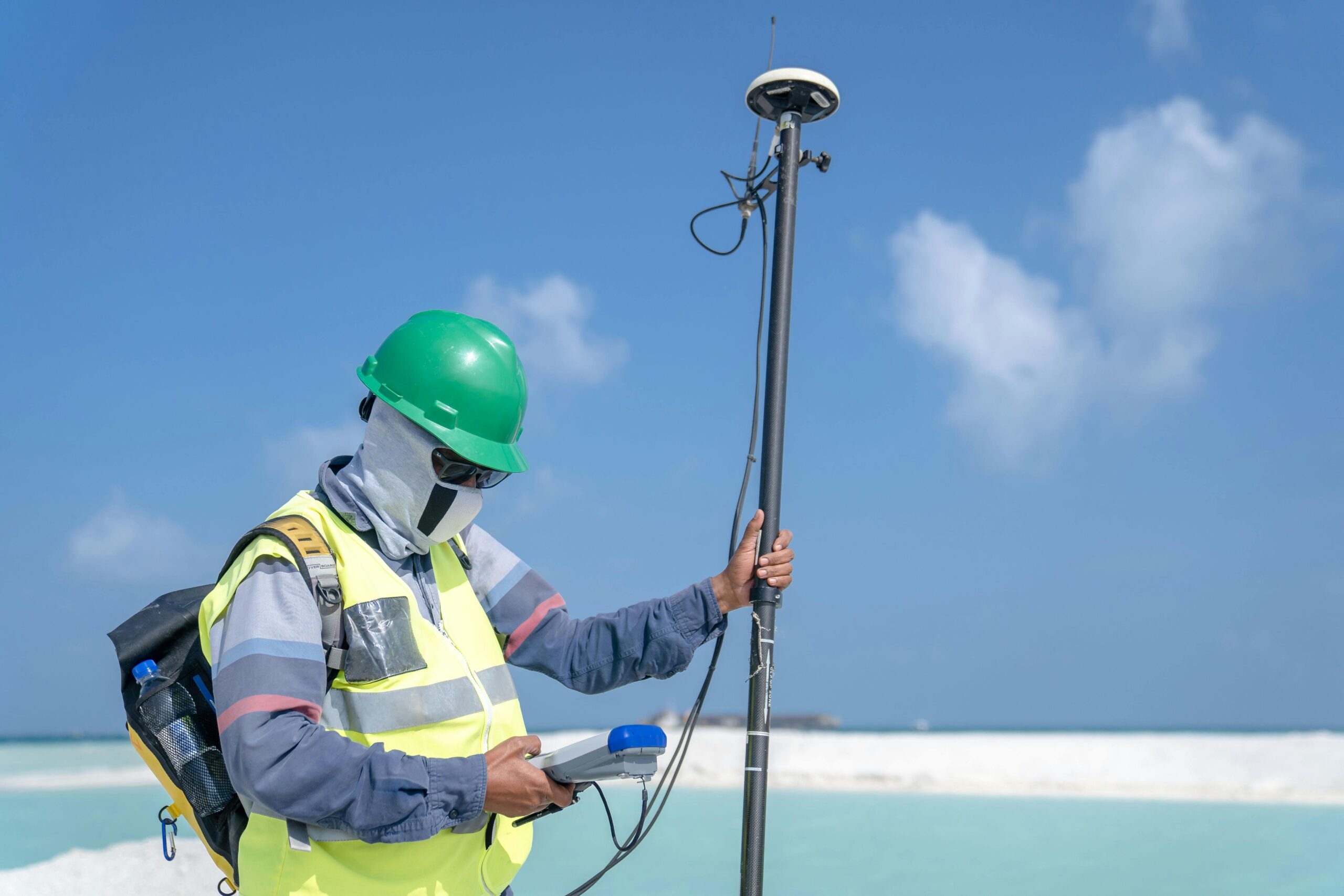As humanity gazes toward the stars, the dream of terraforming distant worlds and establishing colonies beyond Earth raises profound ethical questions that demand our immediate attention.
🌍 The Promise and Peril of Planetary Engineering
Terraforming represents one of humanity’s most ambitious aspirations: transforming inhospitable planets into livable worlds. Mars, Venus, and various moons in our solar system have captured the imagination of scientists, philosophers, and the general public alike. The technological capability to modify entire planetary ecosystems, while still theoretical, advances steadily with each passing year. However, this extraordinary power brings unprecedented moral responsibilities that we must carefully examine before taking irreversible steps.
The ethical dimensions of terraforming extend far beyond mere technical feasibility. We stand at a crossroads where our decisions could affect billions of future lives and potentially reshape the destiny of life itself throughout the cosmos. The questions we face today will echo through centuries, influencing how humanity understands its place in the universe and its relationship with the natural world, whether terrestrial or extraterrestrial.
🔬 Planetary Protection: Our Duty to Preserve What We Find
One of the most critical ethical considerations in terraforming involves the potential existence of native life forms. Even microbial life on Mars or beneath the icy crust of Europa would represent an extraordinary scientific discovery with profound implications. The question becomes: do we have the right to potentially destroy or irreversibly alter ecosystems that existed long before humanity emerged on Earth?
Current planetary protection protocols aim to prevent both forward contamination (bringing Earth life to other worlds) and backward contamination (returning potentially hazardous extraterrestrial organisms to Earth). However, terraforming by its very nature requires extensive planetary modification. This creates an inherent tension between our exploratory ambitions and our responsibility as cosmic stewards.
The Intrinsic Value Debate
Philosophers have long debated whether non-sentient life possesses intrinsic value independent of human interests. If we discover bacterial life on Mars, does that life have a right to exist undisturbed? Some ethicists argue that any living system, regardless of complexity, deserves moral consideration. Others contend that human needs and aspirations should take precedence, particularly when our species’ long-term survival might depend on establishing off-world colonies.
This debate intensifies when considering extremophiles or unique geological formations. Ancient Martian canyons, pristine methane lakes on Titan, or untouched crater fields represent irreplaceable natural heritage. Once modified, these environments can never be restored to their original state. The ethical framework we adopt today will determine whether future generations inherit a diverse solar system or a series of human-modified worlds devoid of their original character.
🚀 Colonial Expansion: Learning from Historical Precedents
Human history provides sobering lessons about colonization. The Age of Exploration brought technological advancement and cultural exchange, but also devastating consequences for indigenous populations through exploitation, disease, and cultural destruction. As we contemplate space colonization, we must honestly assess whether we can avoid repeating these historical mistakes on a cosmic scale.
The absence of indigenous intelligent life in our immediate cosmic neighborhood might seem to eliminate this concern. However, the ethical principles at stake remain relevant. The mindset we develop toward space exploration will shape our civilization’s character. If we approach space as a resource to be exploited without restraint, we risk extending humanity’s most destructive tendencies beyond Earth. Conversely, developing a more thoughtful, conservation-minded approach could help us evolve beyond our terrestrial problems.
Resource Extraction and Cosmic Commons
Who owns the resources of space? Current international agreements like the Outer Space Treaty declare space as the “province of all mankind,” yet private companies increasingly pursue asteroid mining and lunar resource extraction. This tension between collective heritage and private enterprise creates complex ethical challenges regarding equitable distribution of cosmic wealth.
If valuable resources on Mars or asteroids become accessible only to wealthy nations or corporations, space colonization could exacerbate Earth’s existing inequalities rather than provide opportunities for a fresh start. Developing fair governance structures for space resources represents one of the most pressing ethical and practical challenges facing our generation.
🧬 Genetic Modification: Creating Humans for Alien Worlds
Long-term space colonization may require genetic modifications to help humans survive in hostile environments. Lower gravity, increased radiation, different atmospheric pressures, and altered circadian rhythms could make genetic engineering not just beneficial but necessary for successful colonization. This possibility raises profound questions about human identity and the ethics of creating biologically modified populations.
Should we engineer humans specifically adapted for Martian gravity or Venus’s atmospheric pressure? Such modifications might become so extensive that these populations could diverge into separate human subspecies or even distinct species. The ethical implications span multiple domains: consent (how can future generations consent to modifications made before their birth?), equality (would genetically modified space colonists have different rights?), and identity (at what point do modifications make someone no longer human?).
Reversibility and Long-Term Consequences
Unlike most medical interventions, genetic modifications for space adaptation would affect not just individuals but entire lineages. The principle of reversibility suggests we should prefer interventions that can be undone if problems emerge. However, genetic changes designed for multi-generational space travel or permanent colonization might be practically irreversible, committing countless future humans to consequences they never chose.
The precautionary principle suggests we should proceed slowly with irreversible changes, especially when uncertainties remain high. Yet proponents argue that excessive caution could prevent humanity from achieving its cosmic potential and might even condemn our species to eventual extinction if Earth faces catastrophic threats.
⚖️ Environmental Ethics Beyond Earth
Traditional environmental ethics developed in terrestrial contexts may require significant revision when applied to space. Conservation biology typically aims to preserve existing ecosystems, but what does conservation mean for a sterile planet? If Mars harbors no life, does environmental degradation have the same moral weight it carries on Earth?
Some ethicists propose a “cosmic environmental ethic” that values planetary diversity itself, regardless of biological activity. According to this view, Mars’s unique geology and chemistry possess inherent worth deserving protection. Terraforming would represent not progress but cosmic vandalism, destroying irreplaceable natural phenomena for human convenience.
The Creation of New Ecosystems
Conversely, terraforming could be framed as creation rather than destruction. Transforming lifeless worlds into thriving biospheres represents an extraordinary expansion of life’s domain. From this perspective, bringing life to dead planets fulfills a moral imperative to spread consciousness and biological flourishing throughout the universe.
This creates fascinating philosophical questions: Is a terraformed Mars more or less valuable than an untouched one? Does the introduction of life to previously sterile environments constitute moral progress? How should we weigh the interests of hypothetical future ecosystems against preserving pristine planetary environments?
🤝 Intergenerational Justice and Long-Term Thinking
Space colonization and terraforming projects span centuries or millennia, raising questions about obligations to future generations. Those who initiate terraforming projects won’t live to see their completion, while those who inherit terraformed worlds had no voice in decisions that permanently shaped their environment.
The concept of intergenerational justice requires that current generations consider how their actions affect future people. This principle takes on extraordinary significance in space colonization, where today’s decisions could determine whether future humans thrive on multiple worlds or struggle with the consequences of poorly planned expansion.
The Problem of Future Consent
Democratic principles emphasize consent and participation in decisions affecting one’s life. However, future generations cannot participate in present discussions. We must make choices on their behalf without knowing their preferences, values, or needs. This asymmetry creates a moral burden to act with exceptional wisdom and restraint, preserving options for those who follow rather than foreclosing possibilities through irreversible actions.
Some philosophers argue we should establish “cosmic parks” – entire planets or moons preserved in their natural state as insurance against our inability to predict future values and needs. Just as we value wilderness areas on Earth, future humans might treasure pristine celestial bodies as refuges from human modification.
🌟 The Existential Risk Argument
Advocates for aggressive space colonization frequently cite existential risk: the possibility that a single catastrophic event could eliminate human civilization. Asteroid impacts, nuclear war, pandemic diseases, or climate change could potentially render Earth uninhabitable. Establishing self-sufficient colonies on multiple worlds would ensure humanity’s survival even if Earth faces catastrophe.
This argument carries significant ethical weight. If we possess the means to safeguard humanity’s future but fail to act, could we be morally culpable for species-level negligence? The stakes seem almost impossibly high – the potential extinction of the only known intelligent life in the universe versus concerns about pristine planetary environments or potential microbes.
Balancing Urgency with Caution
However, existential risk arguments can also justify recklessness. Claiming emergency conditions can excuse cutting ethical corners, rushing into poorly planned colonization, or ignoring environmental and social concerns. The challenge lies in taking existential risks seriously while maintaining ethical standards and long-term thinking.
We might also question whether space colonization truly mitigates existential risks or merely postpones addressing their root causes. If we flee Earth without resolving the social, political, and ecological problems that created existential threats, won’t we simply export these problems to new worlds? Perhaps developing the wisdom to live sustainably on one planet should precede attempts to colonize others.
🗳️ Governance and Decision-Making Authority
Who decides whether and how humanity pursues terraforming and colonization? Currently, space activities involve governments and private entities operating with minimal international coordination. The lack of comprehensive governance structures creates ethical concerns about accountability, representation, and enforcement of standards.
Should decisions affecting humanity’s cosmic future be made democratically, by scientific experts, through international treaties, or by whoever possesses the technological capability? Each approach carries different advantages and risks. Democratic processes ensure broad participation but may struggle with complex technical issues and long time horizons. Expert decision-making might be more informed but less accountable. Private ventures offer innovation and efficiency but lack democratic legitimacy.
Representation and Global Equity
Space colonization will likely be driven initially by wealthy nations and corporations, yet the decisions involved affect all humanity. How can we ensure that diverse global perspectives, including those from developing nations and indigenous peoples, inform space ethics and policy? The historical pattern of powerful nations making unilateral decisions with global consequences should make us cautious about repeating this pattern in space.
Creating genuinely inclusive governance mechanisms for space exploration represents both an ethical imperative and a practical challenge. The legitimacy and sustainability of space colonization may depend on whether we can develop decision-making processes that respect the interests of all humanity, not just the technologically advanced or economically powerful.
🎯 Developing a Framework for Ethical Space Expansion
Given these complex ethical considerations, how should humanity proceed? Several principles could guide responsible space exploration and colonization:
- Thorough investigation before modification: Comprehensively study potential colony sites for evidence of life or unique scientific value before undertaking irreversible changes.
- Preservation of pristine environments: Designate some worlds or regions as protected areas, maintaining them in natural states for scientific study and as heritage for future generations.
- Gradual, reversible approaches: When possible, prefer interventions that can be adjusted or reversed based on new information or changing values.
- Inclusive governance: Develop international frameworks ensuring broad participation in decisions about humanity’s cosmic future.
- Transparency and accountability: Establish clear standards for space activities with mechanisms for monitoring and enforcement.
- Prioritize sustainability: Learn from Earth’s environmental challenges by building sustainability into space colonization from the beginning.

💭 Embracing Ethical Complexity in Our Cosmic Future
The ethical frontiers of terraforming and colonization resist simple answers. We face genuine moral dilemmas where legitimate values conflict and where our choices carry consequences extending far beyond our lifetimes. The vastness of space need not mean ethical emptiness; rather, it expands the canvas on which humanity can demonstrate wisdom, restraint, and moral imagination.
Our generation occupies a unique moment in history. We’re likely among the first humans capable of seriously contemplating planetary engineering and interplanetary colonization, yet potentially among the last with opportunities to establish ethical frameworks before large-scale space development begins. The responsibility is profound and the margin for error unclear.
Perhaps the most important ethical principle for space exploration is humility. Humility about our knowledge, our ability to predict consequences, our understanding of what life and consciousness mean, and our place in the cosmic order. This humility need not paralyze us with indecision but should inspire careful thought, robust debate, and policies that preserve options while advancing gradually toward humanity’s cosmic potential.
The stars have waited billions of years. They can wait a few more decades while we develop the ethical maturity worthy of a spacefaring civilization. The true test of humanity’s readiness for the cosmos lies not in our technological capabilities but in our wisdom, our values, and our ability to make choices that honor both the worlds we leave and the worlds we encounter. Our decisions today will determine whether humanity becomes a force for flourishing throughout the cosmos or merely extends our problems across a wider stage. The choice, profound and inescapable, belongs to us all.
Toni Santos is a cosmic anthropology researcher and universal‐history writer exploring how ancient astronomical cultures, mythic narratives and galactic civilizations intersect to shape human identity and possibility. Through his studies on extraterrestrial theories, symbolic cosmology and ancient sky-observatories, Toni examines how our story is woven into the fabric of the universe. Passionate about celestial heritage and deep time, Toni focuses on how humanity’s past, present and future converge in the patterns of the stars and stories of the land. His work highlights the dialogue between archaeology, mythology and cosmic theory — guiding readers toward a broader horizon of meaning and connection. Blending anthropology, cosmology and mythic studies, Toni writes about the architecture of human experience on the cosmic stage — helping readers understand how civilizations, story and consciousness evolve beyond Earth. His work is a tribute to: The sky-woven stories of ancient human cultures The interconnectedness of myth, archaeology and cosmic philosophy The vision of humanity as a participant in a universal story Whether you are a historian, cosmologist or open-minded explorer of universal history, Toni Santos invites you to travel the cosmos of human meaning — one culture, one myth, one horizon at a time.




